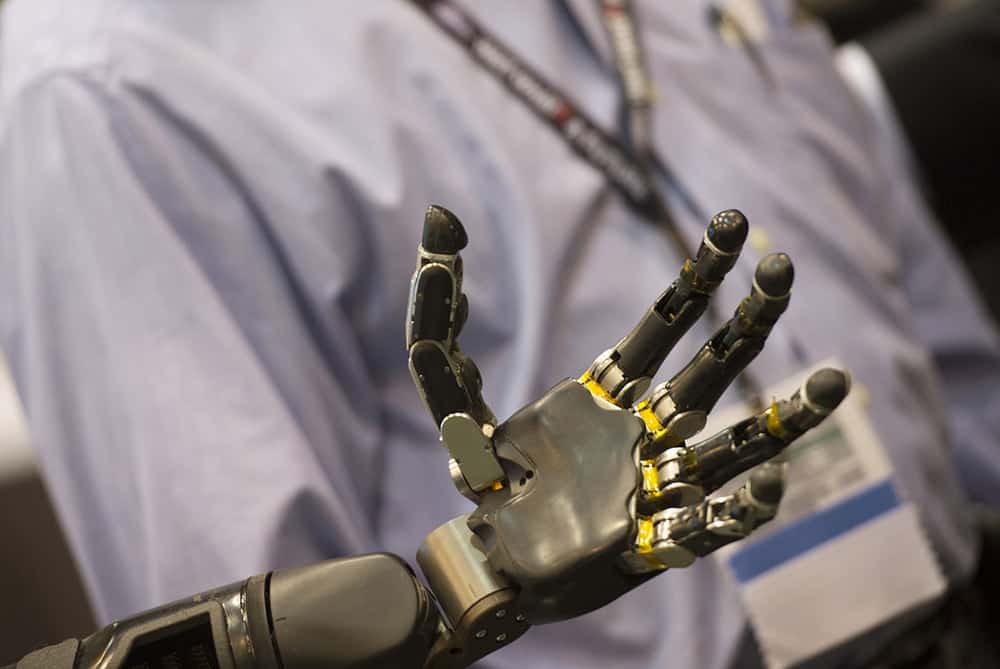Stakeholders discuss results of “ground breaking” AT survey to help better procure products

The Assistive Products List (APL), an online survey of assistive technology being conducted by the British Assistive Technology Association (BATA) and the World Health Organisation (WHO), held a meeting of its 40 stakeholder organisations recently to review progress.
Assistive devices promote greater independence by allowing people to carry out tasks they previously would have found difficult or impossible. Assistive technology covers a broad range of products, including hearing aids, prosthetic limbs, fall detectors, technology enabled care (TEC) and powered wheelchairs, which all assist people in being able to live more independently.
Respondents to the survey are asked to nominate a total of 50 essential assistive technology products from a list of 100 in various categories. They are also encouraged to suggest assistive products that are not on the list.
According to the association, the list of the most essential assistive products will enable UK policymakers, users and service providers to plan, procure and provide products even more effectively than they already do.
“The results so far have been fascinating. What has been striking is the variety of products suggested by those who have taken the survey: from shoe horns to mobility scooters. Many are very simple such as devices to help you put on your socks, while others – augmented and alternative communication (AAC) devices for example – are very sophisticated,” said APL Co-ordinator Esther Dakin-Poole.
Stakeholders are asked to encourage their clients, members and service users to respond to the survey. BATA says a report on the survey results will be published next year.
“The UK is seen as a leading light in AT, so it is right that this country should be the first more developed country to carry out an APL project,” said Rick Bell, Chair of BATA. “We are pleased to be associated with the WHO programme. It is BATA’s aim to broaden our approach that is why we also joined the Global Association of AT Organisations (GAATO) this year.”
At the stakeholder meeting, attendees raised a number of issues around the supply of assistive technology.
“As an amputee I get fed up of people with arms and legs telling me what I need,” said Alex Lewis of the Alex Lewis Trust.
He has worked with university bio-mechatronic laboratories and acted as a guinea pig in the development of orthotics and a low-cost wheelchair.
“Seventy percent of amputees don’t use the correct protheses,” he highlighted.
Lewis also said developers are apt to re-invent the wheel and find it difficult to get user feedback, as a result many projects don’t see the light of day.
Other stakeholders identified further barriers ranging from the cost and availability of assistive devices to the role of regulation in influencing the application of technology.
BATA says the next step in the APL programme will be for stakeholders with specialist knowledge in one of the six categories of products – mobility, sight, hearing, cognition, communication and environment – to meet to discuss the data that has been collected.
The APL survey is still open and assistive technology users are urged to respond to the survey here

